

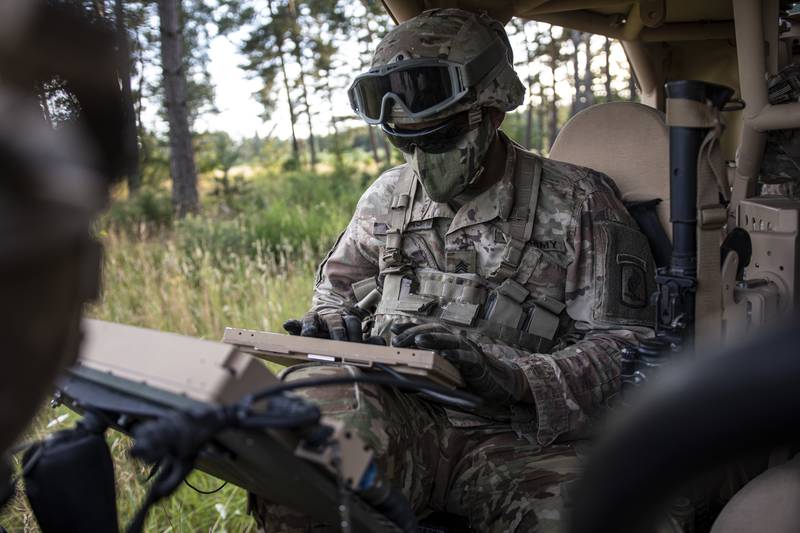
US Army to tailor long-range jammer for Europe, Indo-Pacific theaters
TLS-EAB might not be well-suited for the Family of Medium Tactical Vehicles in the Indo-Pacific. But in Europe, the trucks might be the best option.

Electronic Warfare
Testing of electronic warfare package for Army’s AMPV expected in 2024
The Armored Multi-Purpose Vehicle will replace the Vietnam War-era M113, hundreds of which have been committed to Ukraine to help battle back Russia.

The US is rethinking national security space architecture. Is it moving fast enough?
C4ISRNET's Courtney Albon moderates a discussion on how space architecture can enable warfighters to succeed.

Zero trust could have limited Pentagon leak, Navy CTO says
A zero-trust approach may not have prevented the Discord leak, but the underlying tenets may have helped the Pentagon detect the security breach sooner.

Military must train to fight when communications break down: experts
“We should take it as a given that in places, our communications are going to break and fail,” said Center for a New American Security's Andrew Metrick.
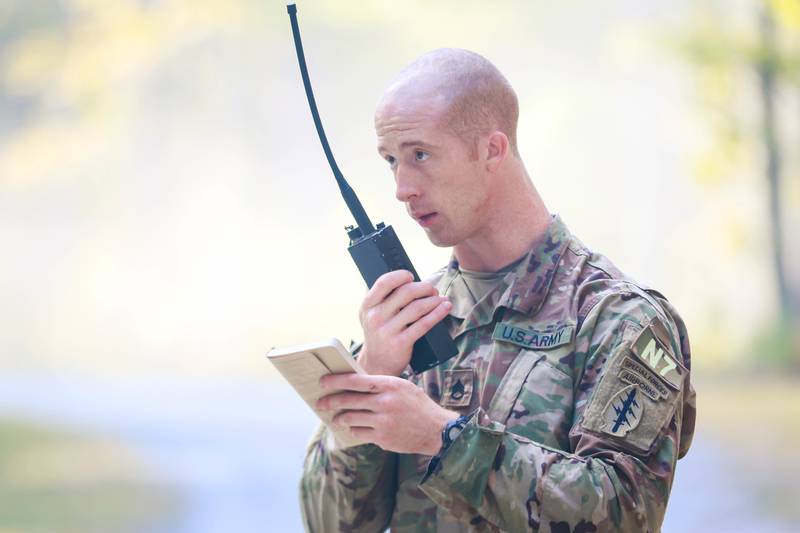
US Army evaluating radios for both Indo-Pacific and Europe
"Do we need to a have a radio in every vehicle?" Col. Shermoan Daiyaan said. "Do we need to have one radio per team? Or is it one radio per squad?”
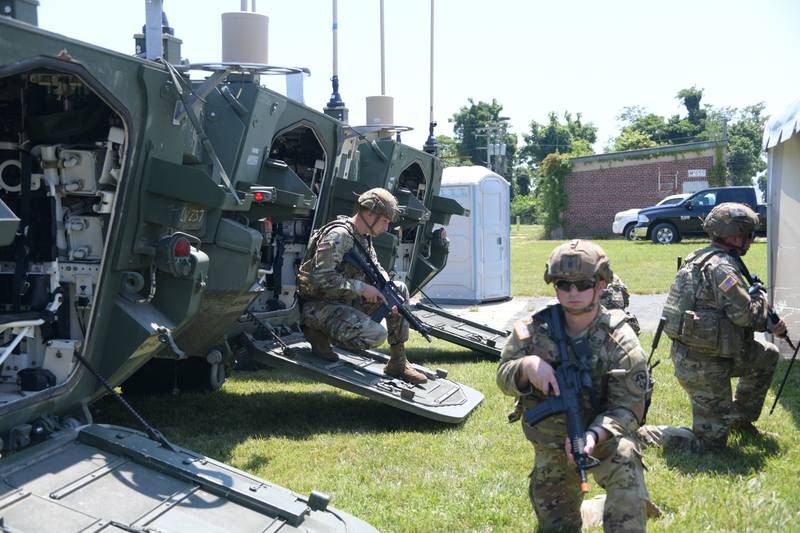
‘Tremendous’ momentum seen as US Army upgrades network tech
U.S. Army officials have likened the capability set plan to Apple’s iPhone approach: new, enhanced hardware rolling out on the heels of the last release.

Goodbye hoarding? Official sees increased data sharing at Pentagon
“I think what we’re seeing across the department is folks leaning into the need to share.”

US Space Force developing plans for tactically responsive capabilities
While Congress pushes for the Space Force to craft a plan for tactically responsive launch, the service is taking a step back to ensure its entire architecture is responsive to urgent, wartime needs.

US Space Force space defense squadron tasked to focus on deep space
The 19th Space Defense Squadron has been tasked to focus on the cislunar space domain as activity increases in the realm.

SpaceX shut down a Russian electromagnetic warfare attack in Ukraine last month — and the Pentagon is taking notes
“The next day, Starlink had slung a line of code and fixed it," said Pentagon electronic warfare director Dave Tremper. "And how they did that was eye-watering to me."

Pentagon seeks reauthorization, expansion of small business funding
The Pentagon is pursuing the reauthorization and expansion for programs meant to boost small business participation in defense research, set to expire Sept. 30.
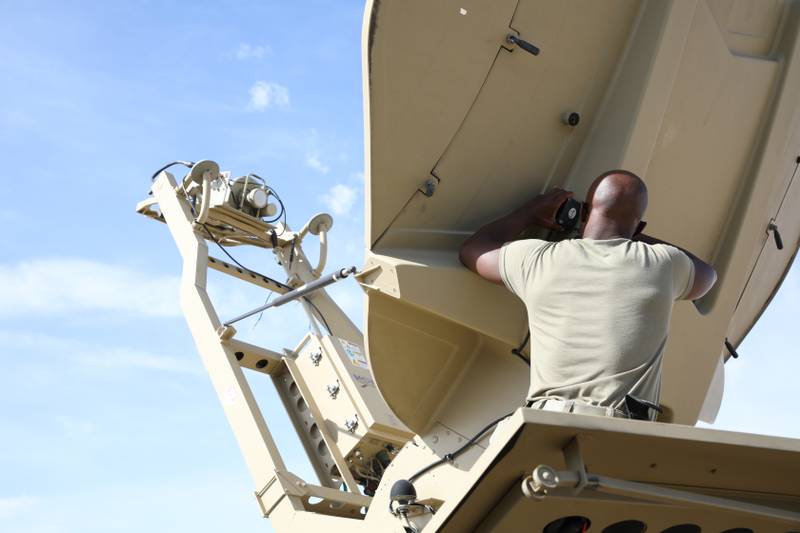
US Army working closely with allies amid push to upgrade networks
“If we fail, the next day we’ll come back and we’ll find out if there is a configuration that needs to be changed or a policy for us to get after,” U.S. Army Brig. Gen. Jeth Rey said.

Marines making big investments in electromagnetic warfare
At the same time, the Marine Corps sees nonkinetic weapons as a less expensive alternative to traditional weapons.
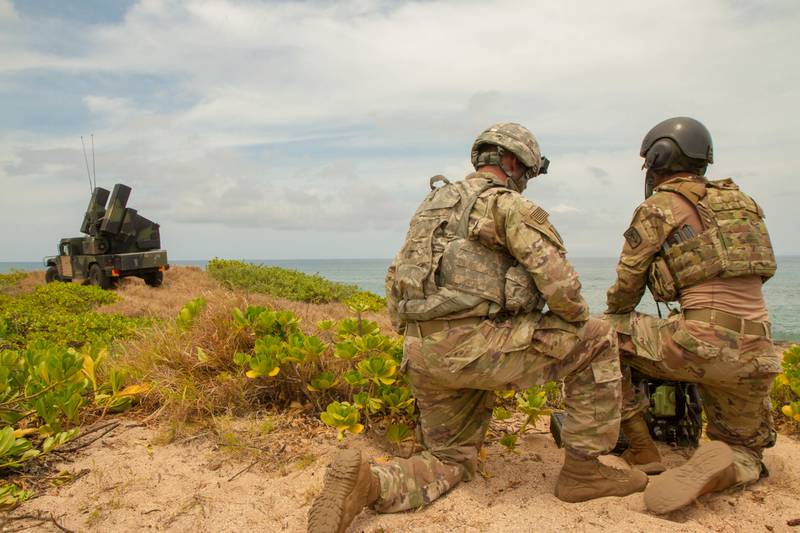
The Army is optimizing electronic warfare equipment for Indo-Pacific
The Army wants to make sure its forthcoming electronic warfare systems can support forces across the vast maritime distances of the Indo-Pacific region.

DARPA’s plan to use drones to find drones
With Aerial Dragnet, DARPA is using overhead sensors to find drones in urban environments.

Top general: Access provided by enterprise cloud needed for JADC2
Lt. Gen. Dennis Crall, CIO of the Joint Chiefs of Staff, outlined why the Pentagon needs cloud to enable JADC2.
